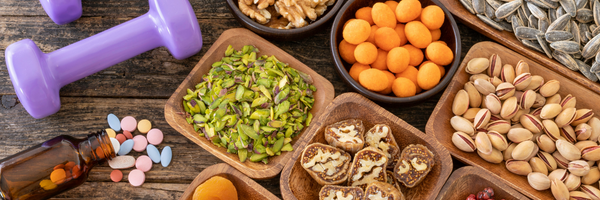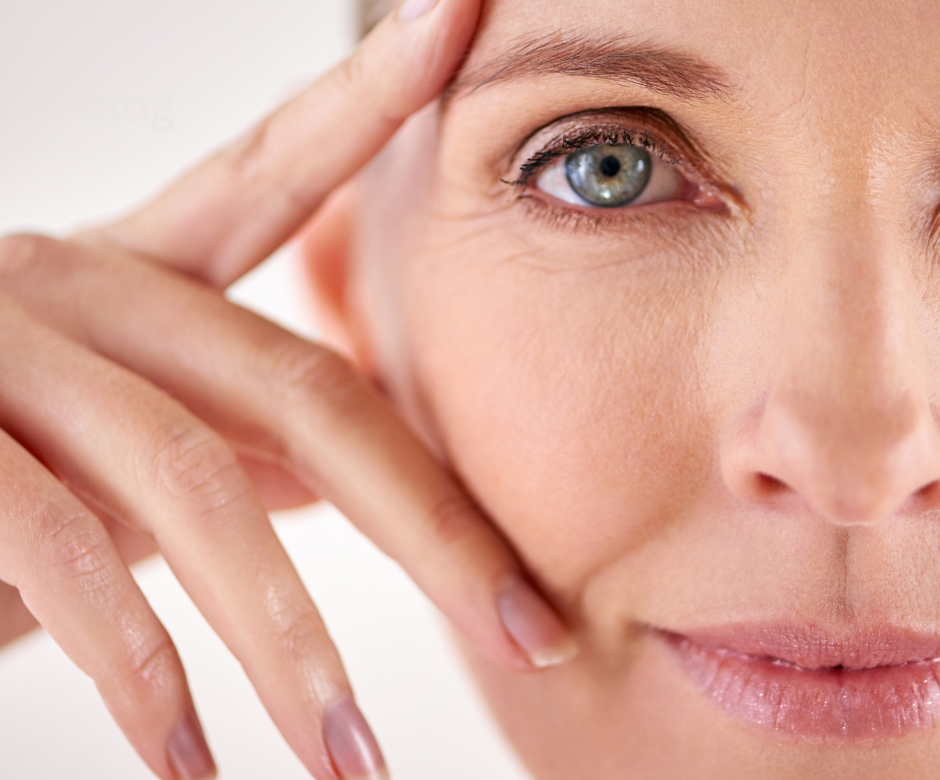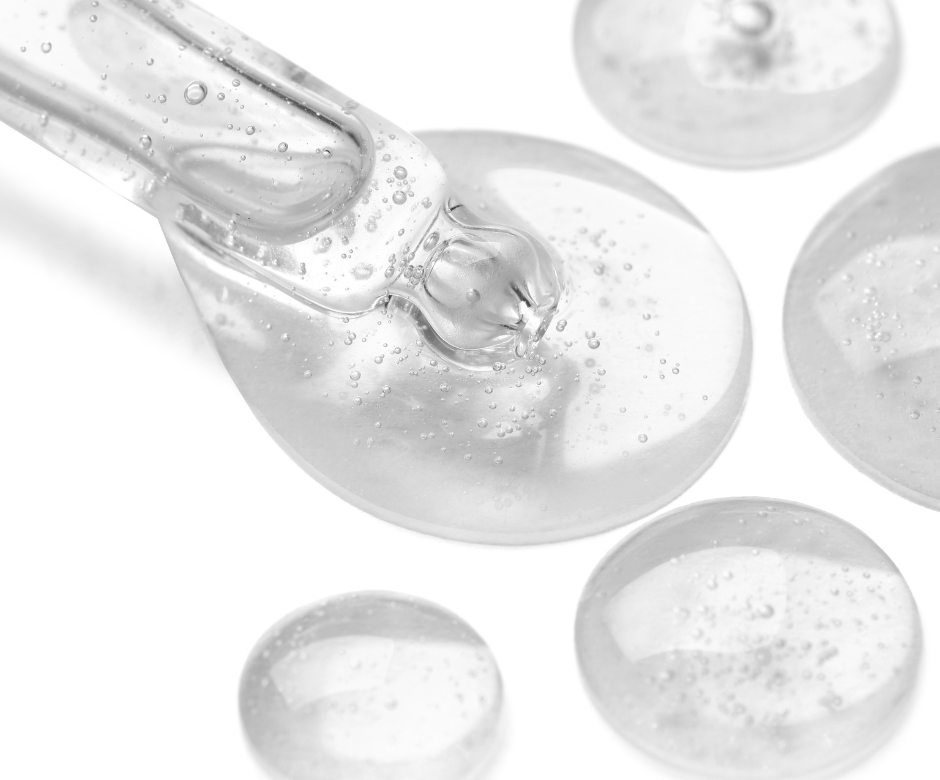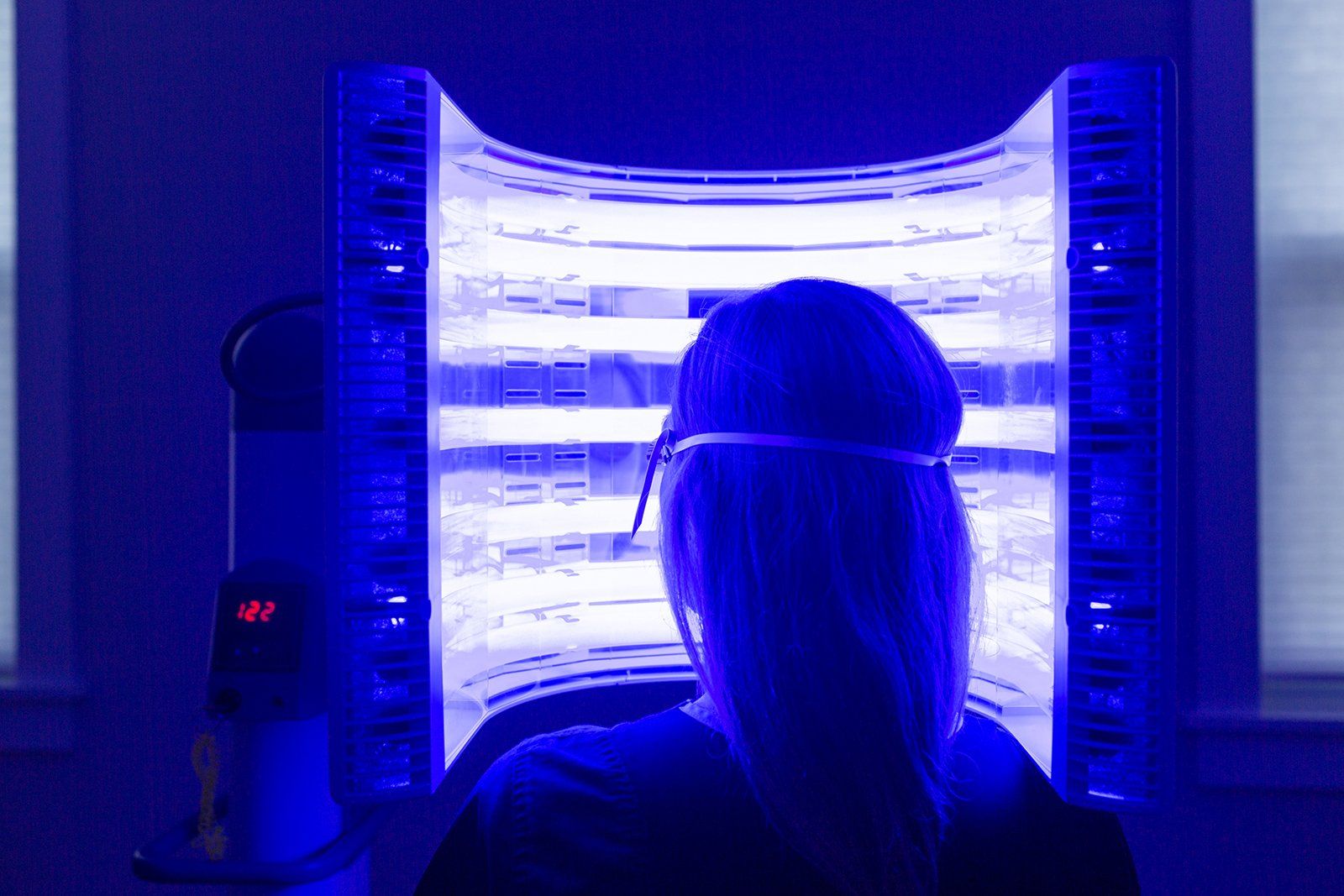How Food Can Help Your Skin Condition
As we all know, the right foods can promote health, making what you eat imperative. For those with dermatological conditions it’s important to pay attention to our diet. Common skin diagnosis like psoriasis, rosacea or even acne, can benefit from personal research on the good and bad foods to be aware of to help alleviate symptoms.

A healthy diet is key to healthy skin but it’s not “one-size-fits-all”. It will take moderation, patience and discipline while creating the best meal plan to lead to beautiful, healthy, clear skin. To get you on the right path, here is insight based on “superfoods” known for their anti-inflammatory and soothing qualities:
ACNE: Hormones, stress and cosmetics, as well as food can be the cause of acne. These food & beverages are a rich source of antioxidants and vitamins helping to prevent acne:
- Sweet Potatoes
- Green Leafy Vegetables
- Almonds
- Dark Chocolate
- Beetroots
- Pumpkin Seeds
- Cottage Cheese
- Green Tea
- Oat Milk
- Matcha Tea
Don’t forget to stay hydrated with a good dose of H2O. Your body is 60% water, so you need to drink enough water to optimize physical processes. Water is the foundation of healthy and clear skin, so drinking one ounce of water for every two pounds of body weight daily is ideal.
It’s also important to make notes of these foods that contribute to acne:
- Foods high on the glycemic index – sugar, soda, white bread
- Large amounts of dairy
- Whey protein powder
PSORIASIS: Although psoriasis is genetic and not preventable, you can look to your diet to uncover triggers. This list anti-inflammatory foods can help ease symptoms and may include:
- Fruits and vegetables
- Healthy Fats with Omega-3 - fish, nuts, seeds, extra-virgin olive oil and avocados
- Nutritional Supplements – turmeric
- Vitamins – E, C, D, B-Complex
Despite the nutritional value offered by the following food groups, a helpful guide of Inflammatory foods to stay away from include:
- Red meat and dairy
- Gluten
- Processed foods
- Nightshade plants – Top 4 - eggplant, tomatoes, peppers, potatoes
- Refined Sugar
Alcohol falls among the items to avoid as it has serious negative side effects for those of us with psoriasis, even lowering response to treatment for men.
Because there are so many dietary triggers for psoriasis, the research is ongoing and your dermatologist may recommend keeping a food journal to help track what foods create flare-ups and bring on symptoms.
ROSACEA: Common rosacea triggers include heat, stress, alcohol, and spicy foods. Foods and beverages that have a direct positive impact on rosacea, inflammation, blood vessel health, vascular overgrowth and skin health include:
- Nuts and Seeds
- Certain whole grains
- Lean Protein foods
- Dairy Alternatives
- Condiment Options – mustard, onions, garlic and oils
- Spices that don’t trigger flare-ups: cumin, oregano, cinnamon, fresh mint, allspice and marjoram
- If you like to hunt for unique superfoods, consider – mung beans, bilberry and reishi mushrooms
Unfortunately many beverages are on the rosacea flare-up list, so keep it simple and drink water.
Following an anti-inflammatory or paleo diet may help reduce rosacea symptoms. Yet, like mentioned before, triggers are different for everyone so experimenting may be necessary.
What we put in our bodies matters for our overall health, but some of us that live with psoriasis, rosacea or acne have to take that more seriously. Healthy habits can be difficult to follow at first but well worth the investment in time to decrease flare-ups and daily discomfort.
While these recommendations can help alleviate symptoms, it is still important to maintain routine visits with your dermatologist to ensure a proper treatment plan.
Share this article with friends!

How the Desjarlais Experience Can Help Manage GLP-1 Side Effects for a Healthier Weight Loss Journey









